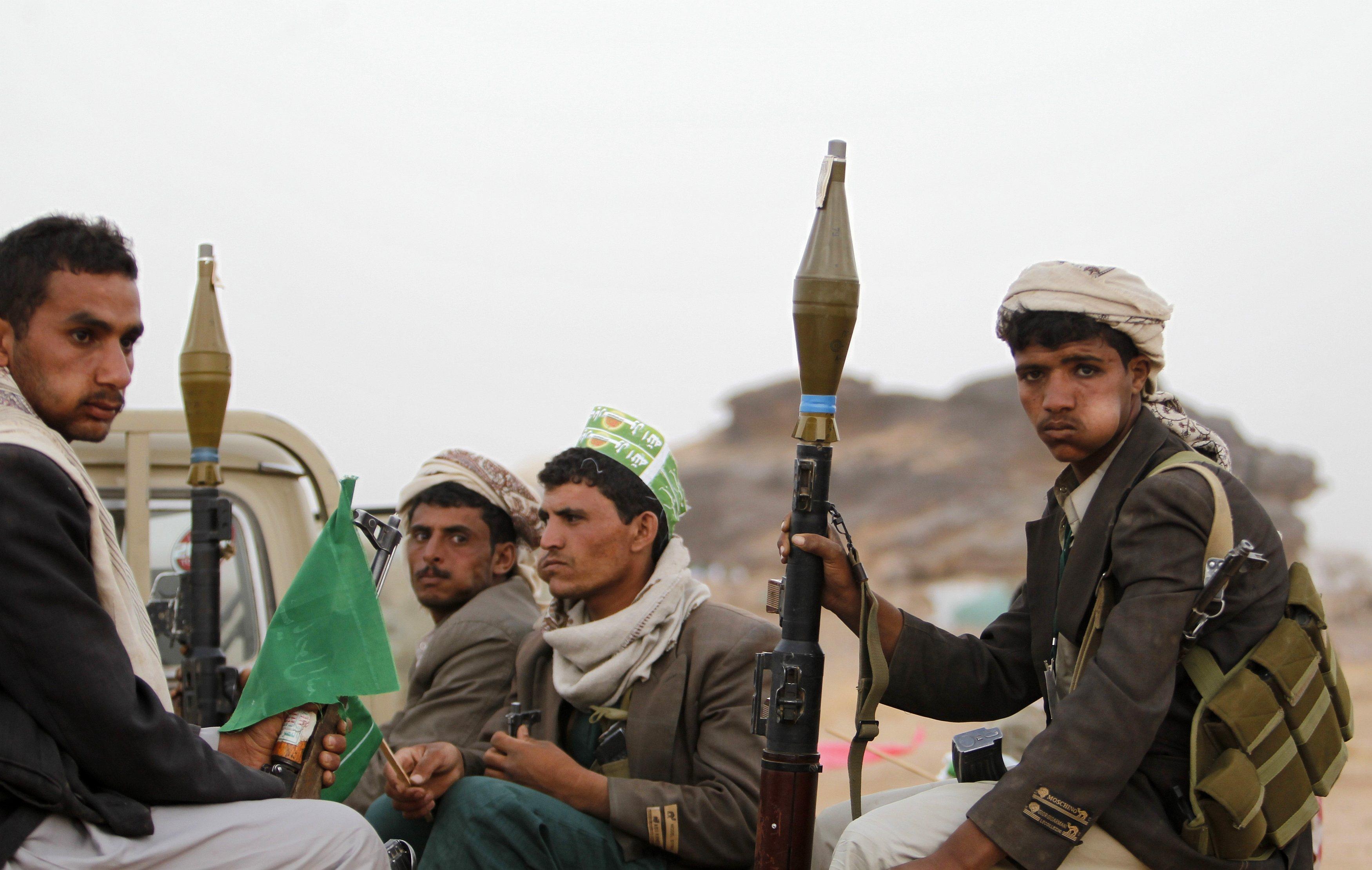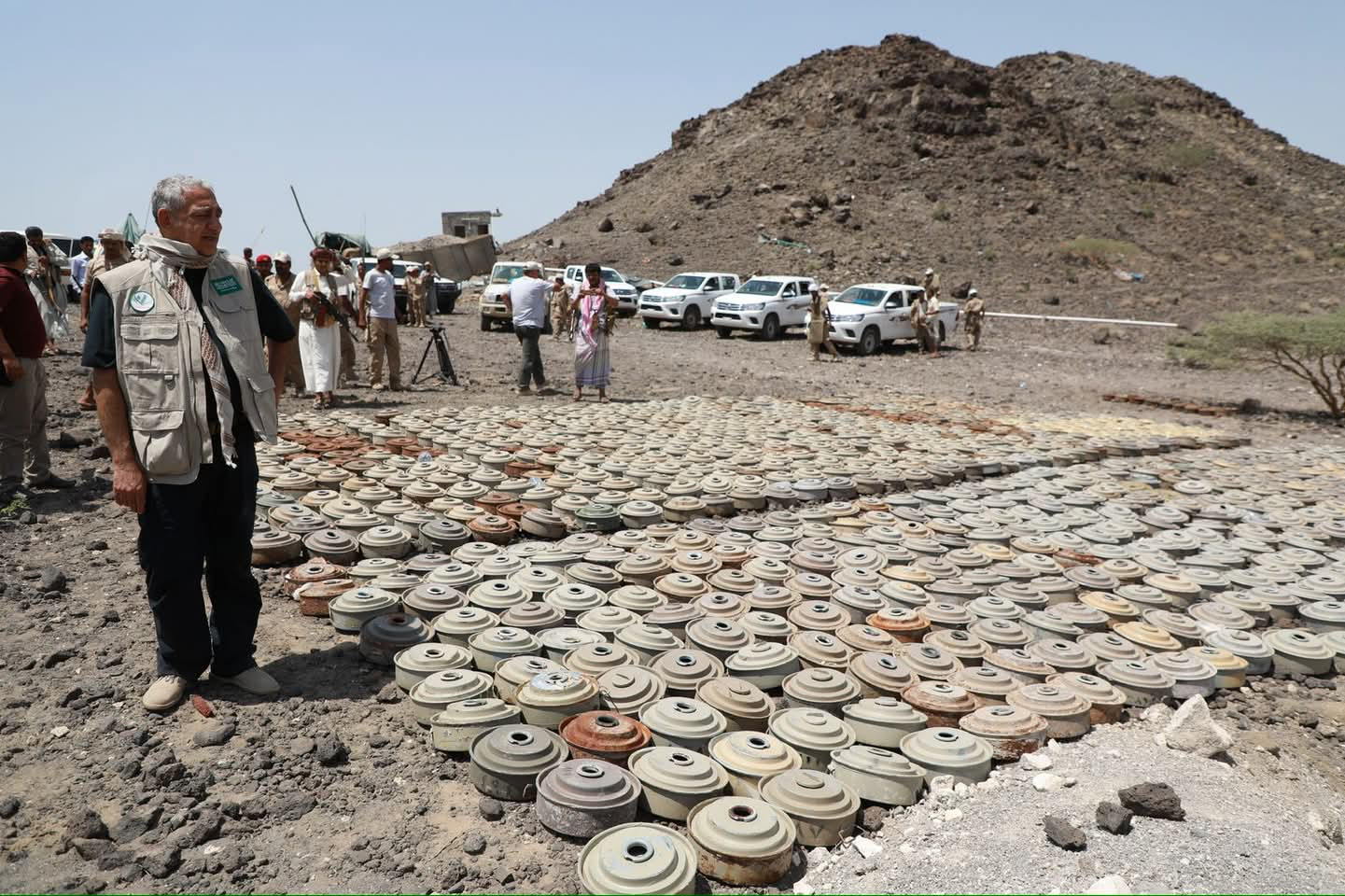
Barran Press
A recent study published on December 30, 2024, reveals that the behavior of the Houthi group, designated as a terrorist organization by various countries, is influenced by a complex set of historical, sectarian, and political perceptions that date back to the group’s founding by Hussein Badreddin al-Houthi.
The report, released by the Al-Mokha Strategic Studies Center, outlines that these perceptions have manifested in a continuous escalation of Houthi threats against Saudi Arabia, spanning from 1990 to 2025. The study emphasizes that these threats are part of a sustained strategy involving military attacks utilizing missiles and drones.
Titled “Houthi Threats to Saudi Arabia: Tactical and Strategic Perspectives,” the report highlights several factors that have bolstered the Houthis' capability to execute these threats. These include their geographical proximity to the Saudi border and the substantial stockpile of weapons acquired following their takeover of Yemeni military camps in 2014, along with ongoing Iranian support in terms of weapons and military expertise.
The study asserts that Saudi Arabia faces increasing threats, situated between the dangers posed by sectarian militias to the north (in Iraq) and the south (in Yemen), complicating its response capabilities. It also notes that the Houthis have leveraged their lack of international designation as a terrorist organization while Saudi military intervention in Yemen, ongoing since 2015, is perceived by the Houthis as “Saudi aggression,” justifying their retaliatory actions.
Earlier, Iranian-backed Houthi leader Abdul-Malik al-Houthi criticized Saudi Arabia and its allied Arab regimes, accusing them of colluding with “Zionist Jews” to influence the regional situation.
The study recommends that Saudi decision-makers reassess the Houthi threats in light of current military and regional developments, emphasizing the importance of collaboration with relevant Yemeni parties to ensure stability and security in the region.





